Anyword AI stands as a remarkable example of artificial intelligence focused on marketing performance. I find that this AI copywriting tool is not merely a word generator. Instead, it offers marketers a specialized platform. It uses data to create content that aims for better business outcomes like increased conversions and engagement. My goal in this article is to explore how this technology functions, its features, and its real-world benefits for professionals.
What is Anyword AI?

Anyword AI is an AI-powered writing platform. It is different from general-purpose writing assistants. It uses a performance-driven approach. This means the system focuses on generating content that is not only well-written but also predicted to perform well with specific audiences. It learns from large datasets of successful marketing content, including information from campaigns across various channels. This learning helps the AI understand what kinds of messages drive action.
The Foundation: Predictive AI
A key concept within Anyword is its use of predictive AI. This type of artificial intelligence predicts future outcomes based on historical data.
How Predictive AI Works in Copywriting
I can explain the process simply:
- Data Analysis: The AI system analyzes millions of marketing assets. This includes ads, emails, and landing pages. It notes which copies succeeded (e.g., high click-through rates or conversions) and which failed.
- Pattern Recognition: It finds patterns between the content’s characteristics (style, tone, keywords, length) and the audience response (age, gender, platform).
- Scoring and Generation: When a user creates new copy, the AI generates variations. It then scores each variation with a number—the Predictive Performance Score. This score estimates the likelihood of success (e.g., how likely it is to convert a visitor).
This unique feature helps remove much of the guesswork from creating marketing copy. It allows me and other content creators to choose the strongest options before launching a campaign.
Core Features of Anyword AI for Marketers
Anyword AI includes several features that make it a powerful tool for content strategy and execution.
The Predictive Performance Score
I view the Predictive Performance Score as the centerpiece of this platform. It assigns a numerical grade (usually 0-100) to every piece of generated copy.
- Actionable Insights: The score is often accompanied by demographic insights. This shows which age groups or genders the copy is predicted to resonate with most strongly.
- Optimization: If a score is low, the platform often provides suggestions. This allows me to refine the copy immediately to improve its predicted performance.
Data-Driven Content Editor
The editor is the main workspace for generating content. It supports various marketing formats.
- Content Generation: It quickly generates multiple copy variations for the same input. This saves time on manual brainstorming.
- Template Variety: The platform offers templates for many uses, such as social media captions, email subject lines, landing page headlines, and product descriptions. This variety increases productivity.
- SEO Integration: The editor helps incorporate target keywords naturally into longer-form content, assisting with Anyword SEO writing.
Custom AI Models and Brand Voice
For businesses, maintaining a consistent brand voice is essential. Anyword addresses this with custom training capabilities.
- Training on Existing Data: Users can train a custom AI model on their brand’s past successful content. This teaches the AI the specific style, tone, and messaging that works for their company.
- Brand Guidelines: I can establish a Brand Voice within the platform. This ensures that all Anyword content generator output adheres to specific terminology, tone, and style rules, making the content instantly on-brand.
Real-World Applications of Anyword AI

The applications of Anyword AI span the entire marketing lifecycle. It supports teams who need to produce high volumes of high-performing content across many channels.
Ad Copy Creation
Creating ads requires highly precise and persuasive language. This is one of the most common applications for Anyword.
- Platform Specificity: It generates copy optimized for specific platforms, such as Facebook, Google Search Ads, or LinkedIn.
- Rapid A/B Testing: Marketers can generate a handful of top-scoring ad variations and test them. This significantly reduces the time and money spent testing poorly performing copy variations.
- High-Converting Text: The AI’s predictive scoring directly focuses the output on text that encourages clicks and conversions, which is crucial for Anyword for ads.
Content Marketing and SEO
For content marketers, the platform is a tool for increasing Anyword productivity.
- Blog Outlines and Drafts: The platform can quickly create structured outlines and initial drafts for blog posts.
- SEO Focus: It helps ensure that longer-form content is relevant to search engines by assisting with the proper placement of keywords. This connects directly to better Anyword SEO writing.
- Efficiency: Tools like this allow marketers to focus on research and final human editing, speeding up the overall content pipeline. If you’re exploring other ways to generate video content from text, you might find information on a tool like Vidnoz AI useful, which you can read about here: Vidnoz AI: Best Text-to-Video AI Tool Review.
Email and Landing Pages
I see that the AI’s ability to create compelling subject lines and calls to action (CTAs) offers significant value for direct response marketing.
- Email Marketing: It generates subject lines with high predicted open rates and email body copy designed to maximize click-throughs. This helps with Anyword email marketing.
- Website Copy: The platform can generate copy for entire landing pages, including headlines, subheadings, and benefit-driven bullet points. The predictive score helps ensure the copy is persuasive.
Current Trends in AI-Powered Copywriting
The field of AI content generation is rapidly changing. Anyword and its competitors are at the forefront of several key trends.
The Shift to Performance-Driven AI
The focus is moving past simple text generation. The market now demands AI that is accountable for business outcomes. This is the essence of Anyword predictive AI.
- ROI Focus: Tools are now measured on their ability to deliver a return on investment (ROI), not just word count.
- Closed-Loop Learning: The best platforms are starting to integrate actual campaign data (like Google Ads or Facebook Ads performance) back into the AI model. This creates a feedback loop that continually improves the AI’s scoring and generation capabilities.
Hyper-Personalization at Scale
Another trend is the push for more specific, one-to-one personalization.
- Dynamic Website Messaging: AI can generate and dynamically serve different website messages to visitors based on their demographics or past behavior. This level of automation is difficult for human teams to manage manually.
- Audience Segmentation: The AI allows me to define very specific target audiences, ensuring the copy tone and language are perfectly suited to that particular segment. For example, the language used for a young, tech-savvy audience differs greatly from a conservative, professional audience.
AI Augmentation, Not Replacement
A critical trend is the role of the human operator. AI tools like Anyword are not replacing marketers. Instead, they augment their abilities.
- Efficiency Gains: AI automates the tedious, repetitive work of generating dozens of copy variations, freeing human marketers for high-level strategy and creative oversight.
- Data Validation: The human role becomes one of validating the AI’s suggestions with domain expertise and brand context, as the AI’s score is a prediction, not a guarantee.
For those interested in exploring alternatives, just as there are options to consider beyond a single video tool, which I discuss in Suna AI: A Strong Manus AI Alternative.
How Anyword Compares: Beyond Simple Generation
When considering Anyword AI versus other tools, a main difference emerges. Many other generative AI platforms, like general-purpose large language models (LLMs), focus on producing human-like text from a prompt. Anyword focuses on conversion potential.
Anyword vs. General Generative Models
- Generic LLMs: These are great for general writing, summarizing text, or answering questions. They lack an inherent understanding of marketing performance metrics.
- Anyword: It starts with the goal of conversion in mind. The content it creates comes with a performance expectation. I consider this a significant advantage for a direct response marketer.
If you are exploring other forms of AI assistance, such as AI homework helpers for educational tasks, you can find a comparative guide here: 5 Best AI Homework Helper Tools for Students.
Key Takeaways for Businesses
I find that the adoption of an AI marketing platform like Anyword offers several clear benefits for businesses aiming to optimize their content strategy. This is especially true for companies focused on measurable outcomes and high-volume content production.
Increased Conversions
The most important benefit is the potential for higher conversion rates. By using the predictive scores, I can confidently choose the copy that is statistically more likely to succeed before spending money on ad campaigns or launching new landing pages. This is a powerful feature for any business striving for Anyword accuracy in its marketing efforts.
Scalability and Speed
The ability to generate multiple high-quality, on-brand copy variations instantly allows teams to scale their content output without scaling their headcount at the same rate. This is key for maintaining a high volume of content across many channels—a major benefit for Anyword for businesses.
Data-Driven Decisions
This technology shifts content creation from a subjective, creative process to a more data-informed one. It provides concrete numbers to back up copy choices, making the content strategy more transparent and measurable.
The Future of Anyword and Marketing AI
The trajectory of marketing AI points toward deeper integration and more precise prediction. I anticipate future developments will focus on:
- Multimodal Content: Expanding predictive scoring beyond text to include images and video elements within ads.
- Deeper Integrations: Seamlessly connecting the AI with more marketing software (CRMs, analytics platforms) to close the data loop even tighter.
- Governance and Compliance: As AI becomes more powerful, tools will increasingly build in compliance checks, ensuring generated copy adheres to advertising regulations and platform policies. The growing role of AI in many sectors, including the public sector, emphasizes the need for responsible development and deployment of these technologies, a focus discussed by organizations that promote Innovation with AI across governments, which you can read about here: Innovation with AI – Digital Government.
The rise of platforms like Anyword highlights a major shift in digital marketing. The smart application of AI is now a core factor in achieving excellent marketing performance and driving better Anyword conversions.
Understanding Anyword AI’s Impact on Productivity
Anyword AI contributes significantly to Anyword productivity by streamlining what were once time-consuming manual tasks. For a content team, the ability to generate five distinct, high-scoring headlines in seconds is a huge time-saver compared to a writer brainstorming for minutes on each variation.
Efficiency in Workflow
I see the platform speeding up several steps in the typical content workflow:
- Initial Drafting: Overcoming the “blank page problem” by instantly providing a solid first draft or outline.
- Variant Generation: Creating hundreds of unique copies for testing without manual effort.
- Pre-Testing: The predictive score acts as a filter. It allows marketers to eliminate weak copies before paying to run them in an A/B test. This makes the overall testing process more efficient and reduces wasted ad spend.
Streamlining Complex Tasks
Tasks like creating highly optimized Amazon product listings, which require a specific format and focus on keywords, become much simpler with the assistance of a specialized AI tool. The AI can ensure the copy includes all necessary elements while maintaining a persuasive tone, a crucial part of an effective Anyword content strategy.
Anyword for Businesses: Scaling Success
For larger enterprises or marketing agencies, the features designed for Anyword for businesses—such as Brand Voice Management and collaborative workspaces—are what truly enable scaling.
Maintaining Brand Consistency
When multiple copywriters or agency members are working on campaigns, maintaining a single brand voice is challenging. Anyword’s Brand Voice feature acts as a centralized repository of approved messaging. I find this essential because it ensures every piece of content, whether an ad or a long-form article, sounds like the brand. This is vital for professional communication, as highlighted by tools assisting with enterprise AI management, such as those discussed in Manus AI Agents.
Training the AI on Custom Data
High-level business plans often include options for training a private model on proprietary data. This means the AI learns from a company’s specific, successful campaigns and audience data, making its predictions and generations even more relevant and accurate. I consider this a significant competitive advantage.
Delving Deeper into Anyword Predictive AI
The technology behind Anyword predictive AI is a sophisticated blend of natural language processing (NLP) and machine learning.
The Role of NLP
NLP is the branch of AI that allows computers to understand, interpret, and generate human language. Anyword uses NLP to:
- Understand the Prompt: It accurately interprets the user’s input (product description, audience, tone).
- Analyze Existing Copy: It breaks down successful marketing texts into components (word choice, emotional triggers, sentence structure).
- Generate Coherent Text: It constructs new sentences and paragraphs that are grammatically correct and convey the intended marketing message.
The Learning Mechanism
The “smarter” part of the platform comes from its continuous learning. Every time a user accepts a high-scoring copy, that choice contributes to the AI’s understanding of effective marketing. This continuous feedback loop is why the platform’s Anyword accuracy improves over time.
Considerations for Content Quality and Human Oversight
While Anyword AI offers tremendous speed and data-driven insights, I firmly believe that human oversight remains non-negotiable for producing truly excellent content.
Ethical and Brand Review
I always recommend that an experienced marketer or editor review AI-generated content.
- Fact-Checking: AI can sometimes “hallucinate” or present incorrect information, especially in long-form articles. Human fact-checking is mandatory.
- Nuance and Creativity: While AI is great at optimization, the human writer provides the creative spark, cultural nuance, and emotional depth that can make a piece of content truly memorable.
Maintaining Authenticity
The most effective marketing copy is authentic and resonates deeply. The marketer’s role is to ensure the Anyword marketing copy still feels human and avoids a bland, robotic tone, even if it is statistically optimized.
Anyword Templates and Content Strategy
The use of Anyword templates simplifies content creation for various channels, solidifying its place in a modern Anyword content strategy.
From Idea to Execution
The platform often provides a guided workflow. For example, generating a blog post involves:
- Inputting a brief and keywords.
- The AI generating a title with a performance score.
- The AI generating an outline.
- The user approving the outline.
- The AI writing the full draft.
This step-by-step process ensures that the focus keyword and the intended topic are maintained throughout the creation of the long-form content.
Diverse Content Formats
The utility of the platform extends to various needs:
- Email Marketing: Generating segmented email sequences for different parts of the customer journey.
- Social Media: Creating engaging posts for platforms like Instagram, Twitter, and TikTok, often adapting the tone to match the platform’s style.
- SMS: Generating ultra-short, highly impactful copy for mobile text messages.
The vast number of supported content types makes the tool an adaptable asset for content teams managing diverse publishing schedules.
Conclusion: The Future is Data-Driven Copywriting
Anyword AI exemplifies the next step in AI-assisted marketing. It moves beyond simple word generation to focus on measurable business outcomes. The Predictive Performance Score and the emphasis on Anyword accuracy allow marketers to make smarter, more confident decisions about the copy they publish.I believe that for any professional looking to scale content production, increase conversion rates, and ground their creative choices in data, a tool like this offers an amazing advantage. The future of content creation is clearly one where human creativity and AI-powered data work together to achieve superior results.


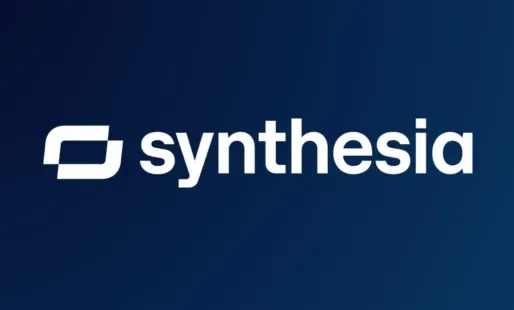
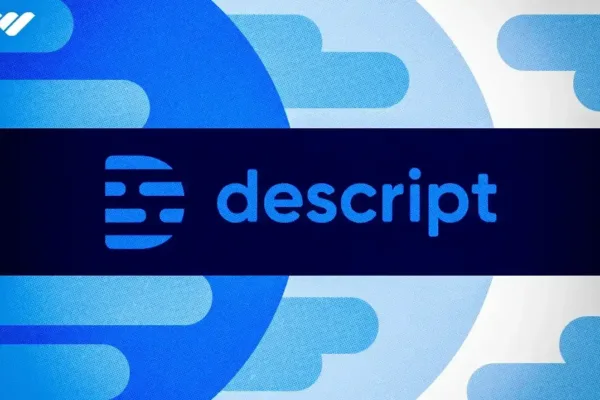
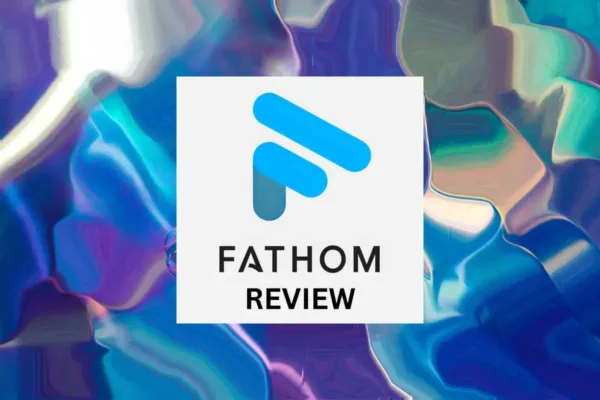
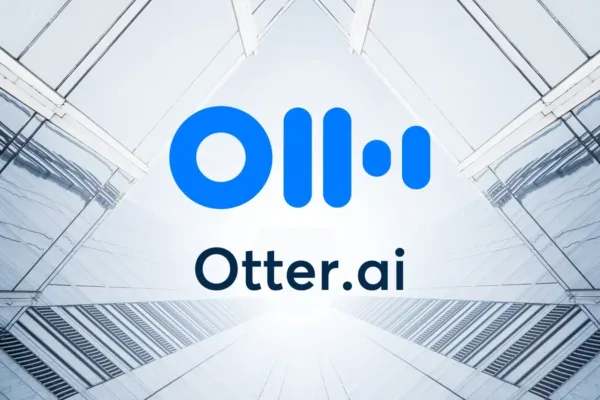
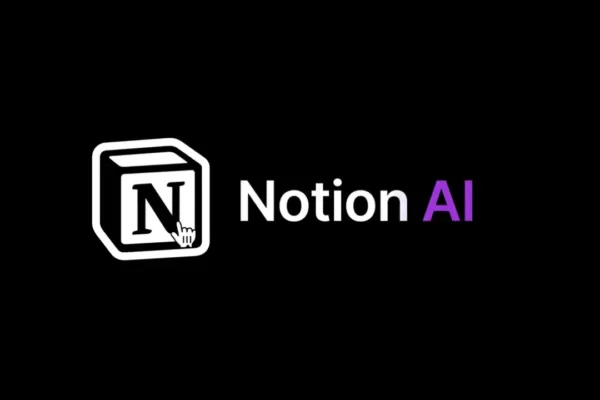
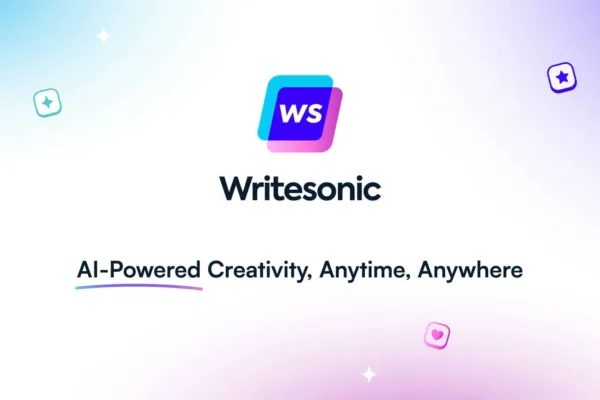

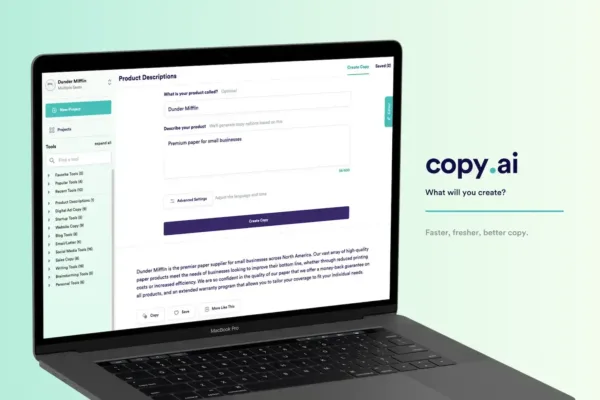
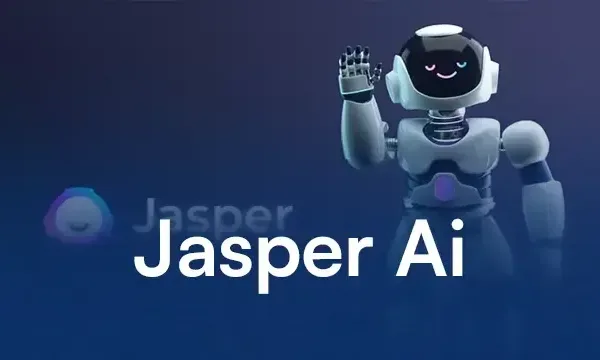

One thought on “AI and Augmented Reality: Merging AI with VR for Smarter, Immersive Experiences”